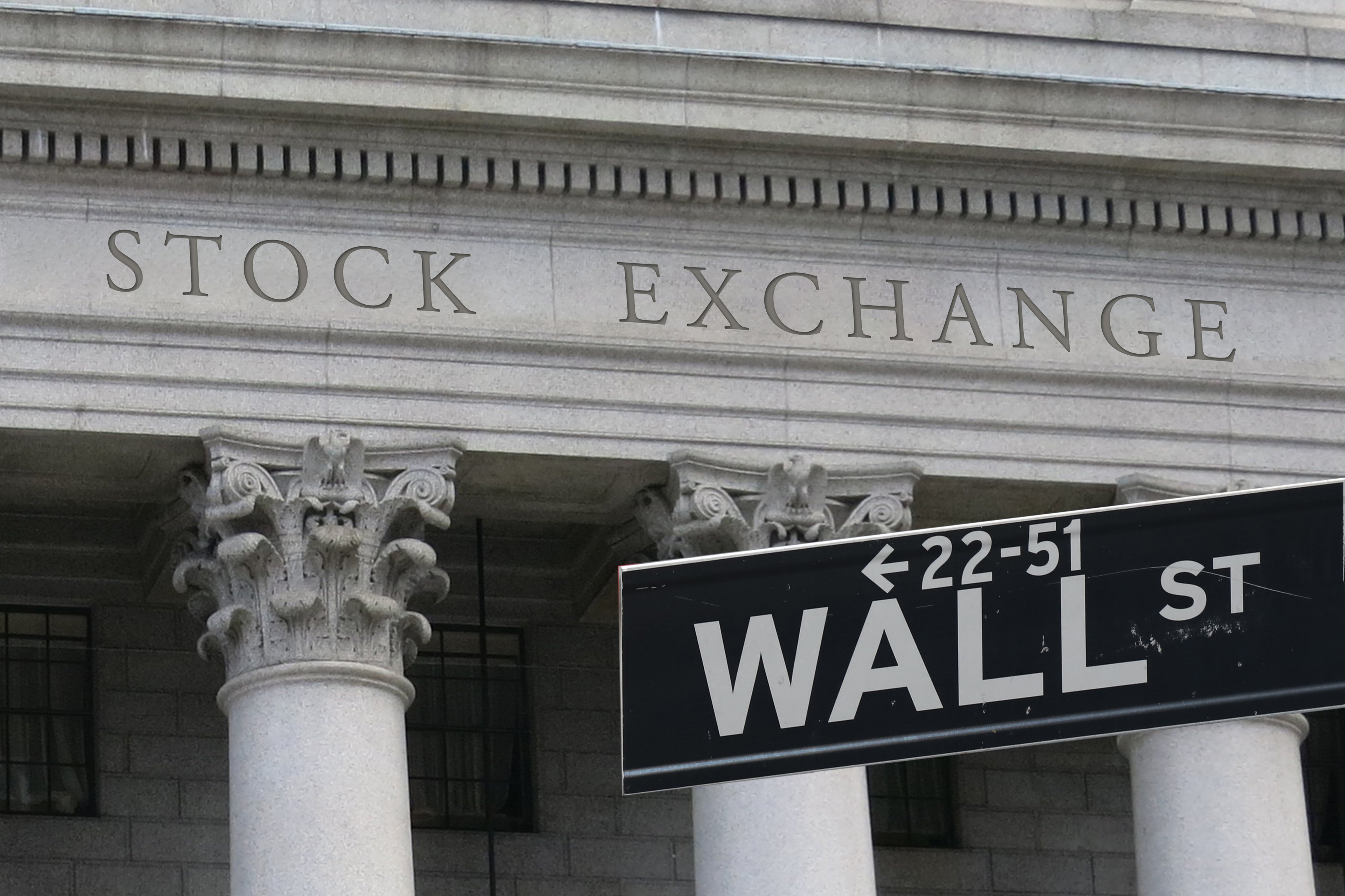For over a century, dividends have been the quiet engine driving stock market wealth. Since 1900, the bulk of equity returns have come not from share price appreciation, but from reinvested dividends compounding over time. Studies show that dividends and their reinvestment account for the majority of total returns in global markets -- transforming steady cash payouts into exponential growth.
This history underscores why dividend-paying stocks remain a cornerstone of long-term investing, offering both income and resilience through shifting market cycles. These three blue chip dividend stocks scan as forever buy-and-holds.

Image source: Getty Images.
The fortress bank built for any economy
JPMorgan Chase (JPM 0.38%) stands as America's largest bank with over $4.5 trillion in assets, yet it yields just 1.86% -- and that's exactly why it's perfect for forever holding. The bank maintains a remarkably low 27.2% payout ratio, meaning it returns less than a third of earnings to shareholders, while retaining the rest for growth and buybacks.

NYSE: JPM
Key Data Points
The bank's 8% annual dividend growth over the past five years reflects CEO Jamie Dimon's balanced capital allocation strategy. Trading at just 15 times forward earnings, JPMorgan stock offers one of the most attractive valuations among megacap financials. With rising net interest income from higher rates and a fortress balance sheet that passes every stress test with flying colors, the bank can sustain dividend growth through any economic environment, making it an ideal long-term holding.
The spending power compounder
American Express (AXP 0.54%) yields only 1.01%, but don't let that fool you -- this is a dividend growth machine. With a payout ratio of just 21.3%, Amex retains nearly 80% of earnings for reinvestment and share repurchases. The company has grown its dividend at 12% annually over the past five years, the fastest rate among our three picks, and one of the fastest among financial stocks.

NYSE: AXP
Key Data Points
Amex's closed-loop network and affluent customer base create a moat that translates directly into pricing power. Average spending per card member continues climbing, and the company's focus on younger millennials and Gen Z customers through products like the Gold Card ensures decades of future growth.
At 18.4 times forward earnings, investors are paying a below-market valuation relative to the S&P 500 (^GSPC 0.03%) for a business that compounds wealth like clockwork through economic cycles.
The monopoly on market intelligence
S&P Global (SPGI +0.71%) offers the lowest yield at 0.71% but a rock-solid business model. The company's 28.7% payout ratio and 8% annual dividend growth reflect management's focus on total returns rather than current income.
What makes S&P Global a forever holding is its collection of irreplaceable assets -- the S&P 500 index, credit ratings that companies must obtain to access capital markets, and commodity benchmarks that price global trade. These businesses generate subscription-like revenues with minimal capital requirements. When markets are volatile, demand for S&P's data and analytics actually increases.

NYSE: SPGI
Key Data Points
Trading at 27.9 times forward earnings, the stock commands a premium valuation to the S&P 500, but monopolistic businesses with 50%-plus operating margins deserve premium prices. As passive investing grows and financial markets become more complex, S&P Global's competitive position will only strengthen.
The forever portfolio
These three stocks share critical characteristics that make them permanent holdings. Each maintains a payout ratio below 30%, providing enormous flexibility to raise dividends even during recessions. All three have grown dividends at 8% to 12% annually, roughly triple the inflation rate. Most importantly, each operates a business with enduring competitive advantages -- JPMorgan's scale, American Express' network effects, and S&P Global's monopolistic positions.
While their current yields won't make income investors rich overnight, that's not the point. These companies prioritize sustainable dividend growth over high current payouts, ensuring they can compound wealth for decades rather than years. For investors seeking the same compounding power that has driven a century of market returns, this trinity of financial blue chips offers the perfect foundation -- turning today's modest yields into tomorrow's exponential wealth.






